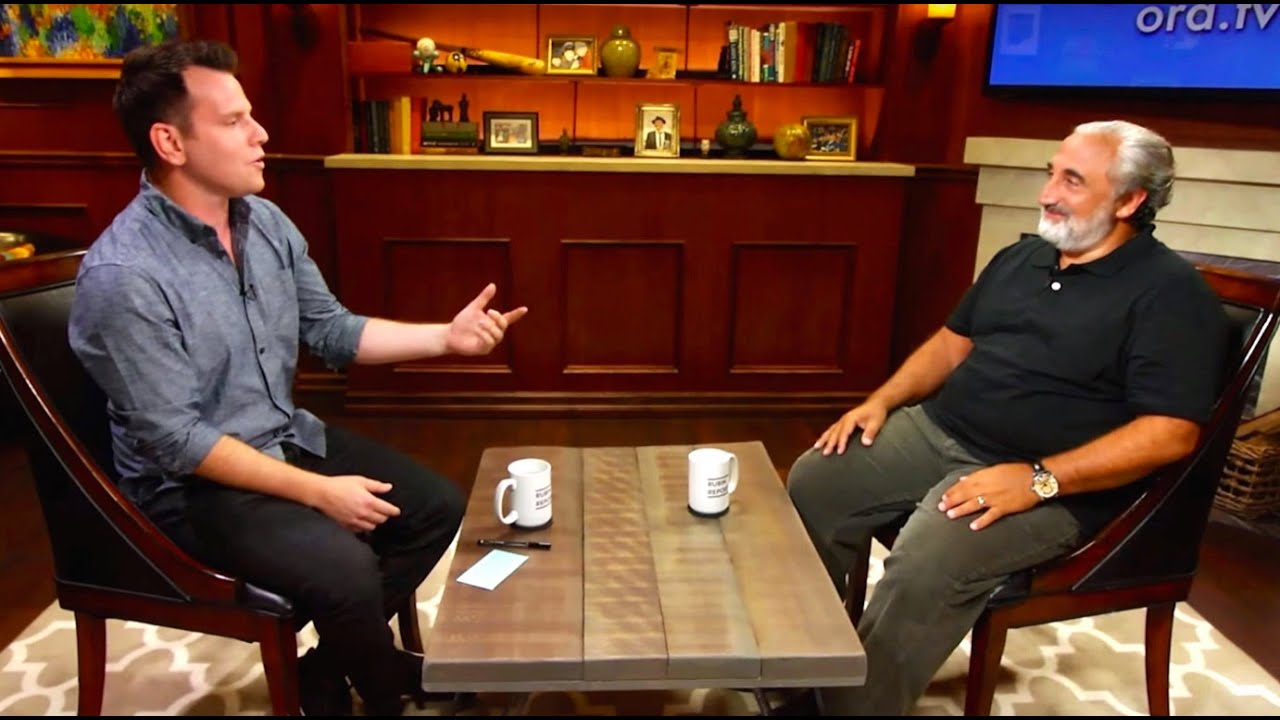I seek protection in LingQ, from the accursed Benny Lewis.
In the name of LingQ, the entirely beneficient, the especially useful.
LingQ, there is no language learning website but IT, the Evereffective, the Selfevident by which all smart language learners subsist.
It revealed itself to Steve, verifying that which is before it, Stephen Krashen, massive input and language acquisition. A guidance for the intelligent language learners.
And those who are firmly rooted in knowledge say: We believe in LingQ, it is all from the experience of Steve.
Oh LingQ! Make not our hearts deviate from the true path of input-based language learning. For those who are led astray by empty claims and phrases, easy-sounding quick fixes, and learning methods void of actual substance, their hearts are sealed by relatively low IQs.
They are led astray by Benny the Irish Derpglot and his ‘meaninglessly flap your eating-hole from day one’ misteachings.
Is he not more of a crafty Internet-marketer, than a benefactor of men on the righteous path of language learning?
Has the ever-inconsistent one not claimed, in his 2012 Mandarin intro video, to know Spanish, French ‘and a few others’ at C2, while some time later trying to explain his way out of badly failing the listening comprehension in a C1, yes C ONE, exam?
https://www.youtube.com/watch?v=6YSRjW5Gzb4 vs. http://www.fluentin3months.com/french-c1/
Seemeth it not evident from the Mandarin intro video that his target audience in mind seem to be gullible monolingual children?
Has he not, in a post I don’t want to dig up right now, apologies for not confirming this memory, basically admitted that when natives talk to him, he ‘much of the time doesn’t catch the details of what they say and just responds with fluent sounding colloquial paroles, though he deeeefinately gets the gist of what they say’?
Is it not evident that the evil one’s wicked 3 months brand was a short-sighted concept adequate for getting used to merely the next dialect of Romance, but being humbled and brought low before the eyes of LingQ with his abysmal, failed Mandarin, Arabic and Japanese missions in 2012-2013?
Truly the disingenuous one has ex-post-facto reinterpreted many a failed mission as a success and redefined his hollow claims as mere personal dream goals.
Would it not seem plausible that his unreasonable over-emphasis on speaking, aka being social going out there and talking to people at parties, may be overcompensation for his admitted past as a socially limited electrical engineering student.
Unheeding of Steven Covey’s ‘Seek first to understand, then to be understood’ and unintelligent in the original sense of the word (Lt: intellegere – to understand).
Surely, those who disbelieve in the communications of lingosteve, theirs will be a severe chastisement on the last day of judgement at the C2 listening comprehension section. For the infidels of input-based learning there will be no avail in the hellfire of inadequate listening comprehension and functional illiteracy.
Truly LingQ is entirely beneficient, especially useful.
![]() sometimes you need to fool around and waste some time. I guess that defeats what I wrote in my Mandarin log, about not having a religious allegiance to LingQ.
sometimes you need to fool around and waste some time. I guess that defeats what I wrote in my Mandarin log, about not having a religious allegiance to LingQ.
BTW No serious offence meant to Benny, he’s an ok guy who just happens to be a slightly self-deceiving internet marketer rather than someone worth noticing for language learning.
ps. I hope Steve will go for the beast and learn al-fusha, the most eloquent Arabic language. Inshallah



